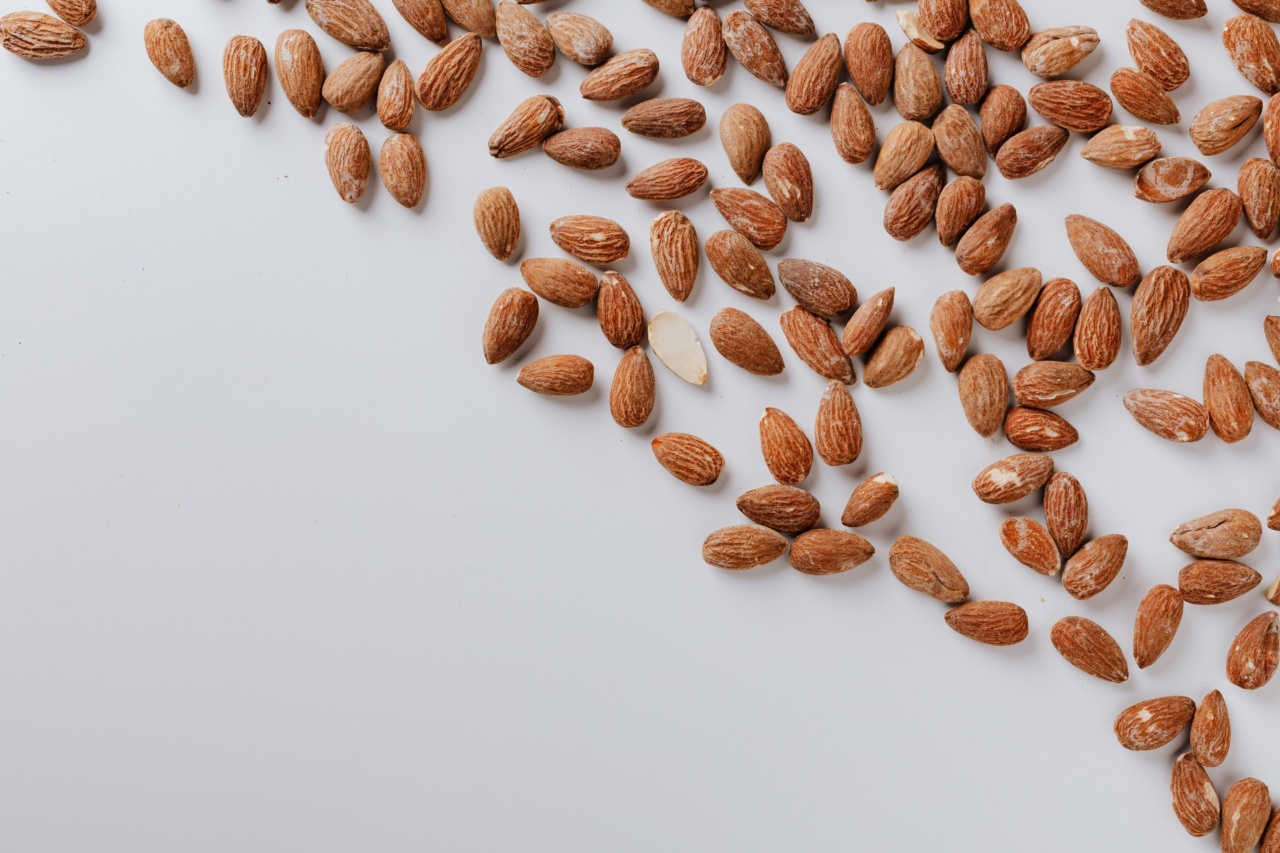In recent years, we have seen a significant rise in the number of individuals adopting a vegetarian lifestyle.
Whether it is for ethical, environmental, or health reasons, the decision to omit meat and other animal products from one’s diet can have numerous benefits. However, one concern that vegetarians often face is whether they are getting enough protein in their diet.
Protein is an essential nutrient that plays a crucial role in building and repairing tissues, producing enzymes and hormones, and supporting a healthy immune system.
While it is commonly associated with meat and animal products, it is entirely possible for vegetarians to meet their protein requirements through plant-based sources.
The Protein Myth
One of the most common misconceptions about vegetarian diets is that they lack sufficient protein.
This belief stems from the fact that animal products are typically considered complete proteins, meaning they contain all nine essential amino acids that the body cannot produce on its own. However, there are plenty of plant-based foods that provide all the necessary amino acids.
By incorporating a variety of protein-rich plant foods into their diet, vegetarians can easily meet their protein needs.
Legumes such as lentils, chickpeas, and beans are excellent sources of protein and can be included in a range of meals, from soups and stews to salads and burgers. Additionally, whole grains like quinoa and buckwheat also offer a decent amount of protein.
The Benefits of Plant-based Protein
Choosing plant-based sources of protein offers several advantages over relying solely on animal products. Firstly, plant-based protein tends to be lower in saturated fat and cholesterol, making it a heart-healthy choice.
This can have significant long-term benefits, reducing the risk of conditions such as heart disease and high blood pressure.
Furthermore, plant-based sources of protein are often rich in fiber, which aids in digestion, helps maintain a healthy weight, and lowers the risk of certain cancers.
On the other hand, animal protein can be harder for the body to digest, potentially leading to digestive discomfort or issues such as constipation.
Another advantage of choosing plant-based protein is its positive impact on the environment. Meat production is notorious for its high greenhouse gas emissions, deforestation, and excessive water usage.
By opting for vegetarian sources of protein, individuals can help reduce their carbon footprint and contribute to a more sustainable planet.
Meeting Protein Needs as a Vegetarian
While it is crucial for vegetarians to be mindful of their protein intake, meeting protein needs on a plant-based diet is entirely achievable.
By incorporating a variety of protein-rich foods into every meal, individuals can ensure they are getting an adequate amount of this essential nutrient.
In addition to legumes and whole grains, there are several other plant-based sources of protein that can be easily incorporated into one’s diet.
Nuts and seeds, such as almonds, chia seeds, and hemp seeds, are not only excellent sources of protein but also provide healthy fats and essential minerals.
Moreover, tofu and tempeh, made from soybeans, are versatile and widely used in vegetarian cooking. They provide a substantial amount of protein and can be prepared in various ways to suit different tastes and recipes.
Other soy products, like edamame and soy milk, can also contribute to a vegetarian’s protein intake.
Additionally, many vegetables, including spinach, broccoli, and peas, contain a surprising amount of protein.
While the protein content per serving may be lower compared to legumes or whole grains, incorporating a variety of vegetables throughout the day can help vegetarians reach their protein goals.
Considerations for Specific Groups
While vegetarian diets can be nutritionally adequate for most individuals, certain groups may need to pay extra attention to their protein intake. These include pregnant or breastfeeding women, children, and athletes.
Pregnant or breastfeeding women require more protein for the growth and development of their baby.
It is essential for them to include a variety of protein-rich plant foods in their diet and, if necessary, consult with a healthcare professional to ensure adequate intake.
Children, particularly those in their early years of growth, also need sufficient protein for their development.
However, with proper planning and inclusion of nutrient-dense plant foods, vegetarian diets can offer all the necessary protein for children. It is crucial for parents to include a variety of protein sources in their child’s diet and monitor their growth and development.
Athletes, who have higher protein requirements to support muscle repair and growth, may also need to pay extra attention to their protein intake.
By including plant-based protein sources and potentially incorporating protein supplements, vegetarian athletes can meet their protein needs and optimize their performance.
Conclusion
Protein is an essential nutrient for vegetarians, as it plays a vital role in various bodily functions. Contrary to popular belief, vegetarians can easily obtain enough protein by including a variety of plant-based sources in their diet.
In fact, plant-based protein offers numerous advantages, such as lower saturated fat content, higher fiber intake, and a reduced environmental impact.
By incorporating legumes, whole grains, nuts, seeds, tofu, and a variety of vegetables into their meals, vegetarians can confidently meet their protein needs.
However, specific groups, including pregnant or breastfeeding women, children, and athletes, may need to pay extra attention to ensure adequate protein intake.
Whether you are a long-time vegetarian or considering adopting a more plant-based lifestyle, rest assured that with proper planning and an understanding of the protein sources available, you can thrive on a vegetarian diet.































